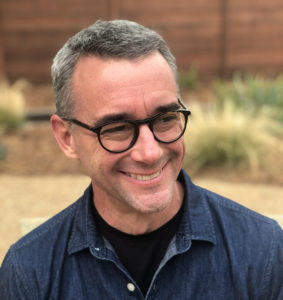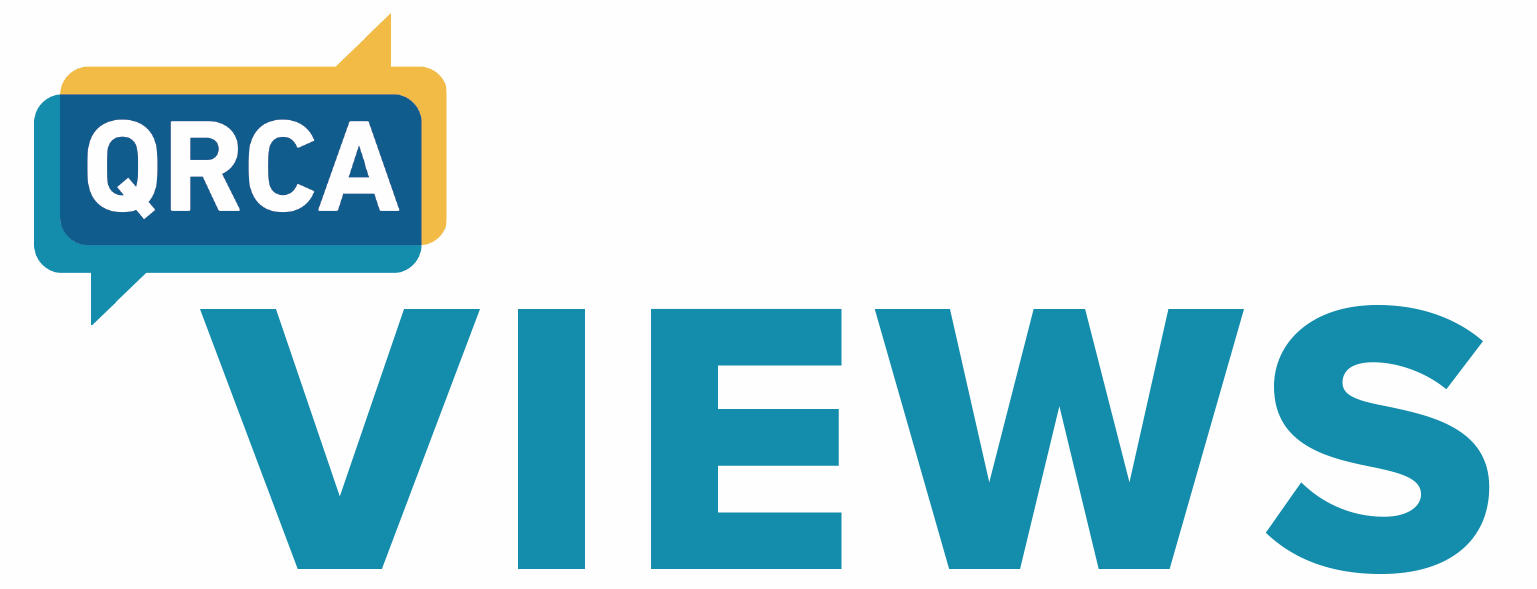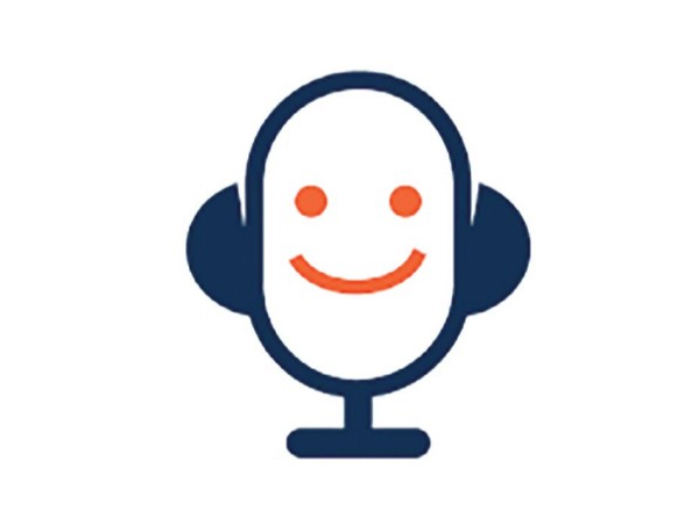
Jamin Brazil, former CEO of FocusVision, is the creator and host of Happy Market Research, a podcast devoted to the market research industry. Prior to FocusVision, he founded Decipher in 2000, one of the earliest online survey platforms. He recently spoke with Liz Moore about the history of the show, the technical aspects of creating a podcast, and the importance of marketing it. Jamin’s podcasts are available at https://happymr.com.
Liz: Tell me how the Happy Market Research podcast came to be.
Jamin: In 2017, I left the role of FocusVision CEO, and that meant I could not work in the industry for two years. After the first six months of not working, I worried that I would lose my relevancy to the industry. I had long been a podcast enthusiast and I realized there was no NPR-type podcast for our industry. It felt like a perfect opportunity—I could still be connected to the research world and also build my personal brand.
Liz: What made you think there was a need for a market research podcast? Had other people mentioned this to you?
Jamin: Bob Lederer, founder of RFL Communications, a publisher of various reports about the industry, has a YouTube channel where he discusses developments in market research. He is really an innovator in using video to talk about the research world.
However, I travel a lot and consuming industry related content—and any content really—is so much easier via a podcast than other methods. I can listen to a podcast while driving, or I can download it and listen when I do not have internet access. It really fits with the way I live my life.
Liz: How did you come up with the Happy Market Research name for the podcast?
Jamin: I think all work should be fun—it’s a core personal value. If you’re not having fun, then you probably need to figure out how to change direction or do something different. Our industry is very heady. So much is science based, and that is reflected in about 90 percent of the content out there. I wanted to start at a joyful level—our industry needs more of that.
Liz: Is there a podcast that has been particularly inspirational for you and has guided the development of your own?
Jamin: Absolutely. I love Jessica Harris’ From Scratch on NPR. It’s a show about entrepreneurs. She is a brilliant interviewer. She always frames her conversations by getting a backstory from her guests about themselves or the industry in which they work. That was an early inspiration for me to come up with a set of core questions that I ask every guest at the start of each episode.
Although not a podcast, the TV show, Inside the Actor’s Studio, has had a big influence on me. No matter the guest, the host always asks the same ten questions such as, “What profession other than your own would you like to attempt?” and “What is your favorite curse word?” It’s really interesting to hear how different actors respond.
Similar to From Scratch, the interviews have a humanness to them that helps me understand who is sitting across from me—digitally in my case.
Liz: What makes a great podcast regardless of the topic?
Jamin: At its core, a podcast needs two legs to stand on in order to be great. First, it must be entertaining. Second, it must be informative. If you can make it fun for the people who are listening, and if they can get some value out of it that improves their careers, relationships, or any area of their lives really, then you’ve accomplished your goal.
Liz: Tell me about some of your favorite guests that have been on Happy Market Research.
Jamin: My favorite moment in any podcast occurs when a guest is willing to be authentic. The more that we create opportunities for people to show their humanity and the more we can demystify the fanciness of what they have accomplished, the more accessible we become as an industry. It’s those human connections that bind us to one another through story, and that’s really important.
We had Robert Porter as a guest; he is the CEO of Research America. Right at the start of the interview, I learned that he never knew his father and that when he and his sister were seven or eight, his mother took them to the airport and put them both on one-way flights to different cities. They never saw her again. His life is a Cinderella story in so many ways and says a lot about how he runs his company.
Liz: How does interviewing someone for a podcast compare to interviewing them for a qualitative market research project?
Jamin: The approach is very similar. No wonder the QRCA’s podcast is so good! Some people are just naturally great interviewers. But most of us need to learn the craft. There’s knowing when not to talk. There is a lot of finding your voice—whether it’s the questions you ask, how you ask them, or the pace of the interview. You have to find your own style to be good at this.
People need to understand that you’re not going to be Joe Rogan, a comedian and successful podcast host, in a year. It’s going to take a while to accomplish what you want to achieve. My first podcasts were terrible. The reason I left them up is because I feel like the “meta” is the journey for me.
Liz: Take me back to when you got serious about really doing this. Walk me through the mechanics of how you went from idea to your first episode.
Jamin: Honestly, I was so afraid! The best thing I did when I started the podcast was just to book interviews with anyone and everyone who was willing to talk to me. It forced me to figure everything out—and quickly.
I was worried about the technology at first, but it’s not very hard. I knew my limits though, so I hired some people to help me with it all. We use a platform called Zencastr which records me and the person I am interviewing independently. A dedicated podcast platform enables us to avoid the latency and speaking over one another that is common to Voice over IP (VoIP). After the interview, we have two separate audio tracks which we can mix and edit as needed.
Liz: What about equipment? Do you need a lot of it to do the show?
Jamin: The sky is the limit when it comes to technology. However, for me, my main focus was on getting some quality microphones and creating a space within my office without echo and distracting noises. My set-up is simple, but it works.
Prior to COVID-19, we did a lot of shows from the floor of various research conferences. I would carry my mics and a Zoom 6 audio recorder in a big hard-sided Pelican case.
Liz: Right—that’s how I first learned about the podcast when you interviewed me at the Corporate Researchers Conference in Orlando in October 2019.
Jamin: Doing the interviews live has been one of the biggest drivers of listener growth. People see an interview taking place and get curious. It creates a greater level of enthusiasm and excitement than just reading about it or seeing it come up under some search results.
Liz: How many episodes have you recorded?
Jamin: We released the first episode in July 2018. We are up to about 310 episodes with another twenty in production right now. Someone helps with the editing and final production now.
Liz: Wow—330 episodes! That’s a lot. What do you spend most of your time on as it relates to the podcast?
Jamin: I spend a lot of time researching potential guests, contacting them, and then learning about their businesses before they come on.
The biggest challenge for a podcast is getting listeners. For me, this comes down to learning how to write a good LinkedIn post, so we can get a lot of listeners learning about the podcast.
You need to do it regularly. You need to have discipline. Every week, I book an hour on my calendar and just focus on writing posts that I can use to promote the podcast. There is a definite science to it, and if you understand how to do it well, the outcomes are amazing. If you do not understand it, then you’re basically talking to yourself.
Liz: Could you give an example of what you mean?
Jamin: Most of the time, a LinkedIn post is clickbait. You will see posts such as, “Top three reasons why insights professionals fail in their first research project,” or “Are you getting the most engagement with your community?” You and I see it all the time. We have probably clicked on posts before, and they lead to glorified ads.
It’s critical to tap into the individual network of each person you are tagging in a post. If that post happens to get some clicks, then LinkedIn or Twitter will be more likely to repost it into other people’s feeds, which is why the hashtags are really important. The reason you don’t include the link inside of the post is because LinkedIn hates it when you move traffic away from its platform. It wants to leave traffic in-platform.
Liz: One of the core questions you seem to always ask your guests is, “What advice would you give yourself ten years ago?” I’ll turn the tables on you now. What advice would you give yourself when you were first starting the podcast?
Jamin: Great question! I would tell myself to not be so surprised about how excited people are to be on the show. It’s probably self-selecting, but there is a good part of our industry that likes to talk and open up about things. I’ve interviewed people that I’ve worked with for two decades. In a one-hour interview with them, or a thirty-minute interview with them, I’ve learned more about them than I did in the last two decades.
Liz: How can market researchers find your podcasts? We should mention that there is no cost or subscription to listen to them.
Jamin: You can access this podcast at https://happymr.com or from wherever you get your podcasts by searching “Happy Market Research.”
Liz: Jamin, thanks again for your time today. I really learned a lot and feel like we’ve given our readers a little perspective into the genius behind Happy Market Research.
Jamin: My pleasure! I would ask you to be on the show at some point but you already have been! Maybe we can get you to come back.
Liz: That would be great! Thanks again.


Be the first to comment